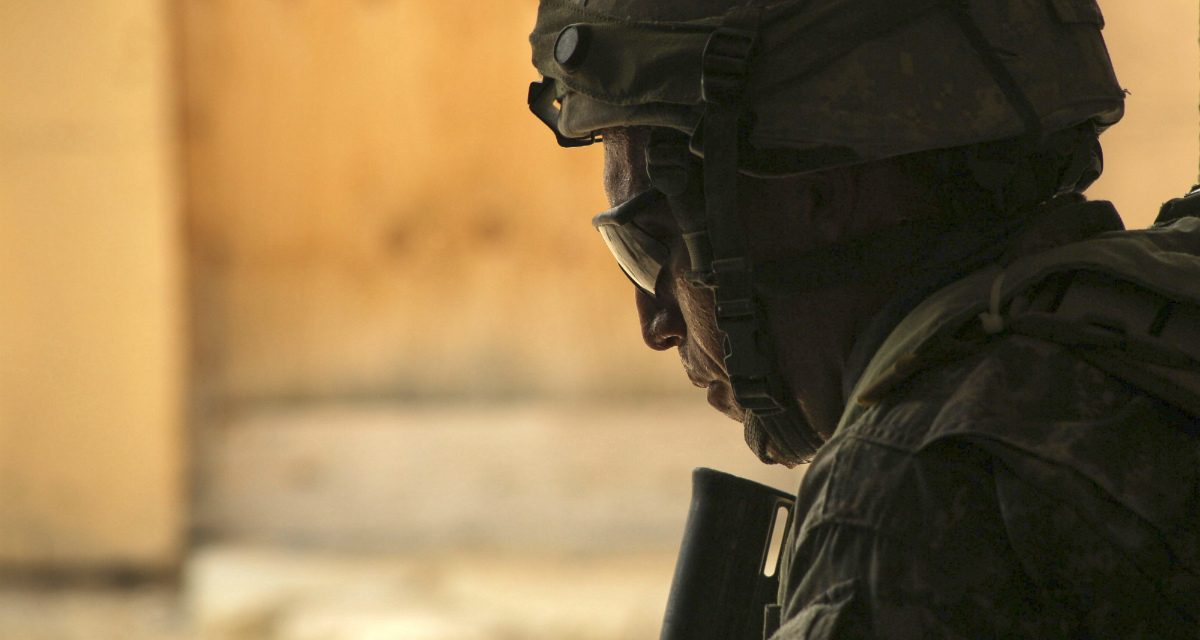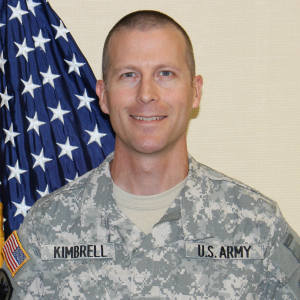“Hi dad, how are you?” This was the start of a simple phone conversation, around Veterans Day in 2009, during a deployment to Iraq. I never would have thought the answer would begin a crucible experience in my life, or that it would turn out to shape me as a leader. All I knew was that my dad needed help.
His answer came in a grizzly tone, and he sounded as if he had just finished sprinting: “Fuck yeah! Nipper and I are hunkered down killing VC.” My dad was reliving his 179-day tour at Phù Cát Air Base in 1966–1967. He was a US Air Force combat dog handler assigned to the 1041st Security Police Squadron (Test) and a part of Operation Safe Side. He and his dog were trained to locate and neutralize trip wires, booby traps, and tunnel systems. I don’t remember exactly how the rest of the conversation went. I sat teary-eyed, listened, questioned, encouraged, and eventually realized there was not anything I could do for him immediately.
The week that followed this phone conversation was physically, emotionally, and spiritually burdensome. Physically, I felt tired and unmotivated. Mentally, I felt responsible. I felt that my deployment had triggered memories of his experiences in Vietnam. I questioned how my deployment would impact me years into the future. Spiritually, I questioned how this could be allowed. I found myself feeling helpless, but I knew I had to figure out how to do something to help.
I called my wife and asked her to inform family members and friends, and to ask if they could check on my dad. But he would not let anyone in his house and he did not want to talk to anyone that was checking on him. I talked with my supervisor and found that he had a similar experience with his father. I also talked with the chaplain, who was able to find help for my dad through the support of Fairchild Air Force Base, near where he lived. After about a week of barricading himself in his house and reliving the Vietnam War, we were able to get the police involved and my dad was escorted to the local Veterans Affairs hospital.
A Leadership Lesson?
It wasn’t immediate, but I soon recognized an important leadership lesson in this trying personal experience—in fact, three such lessons. Leadership, as the Army defines it, is “the process of influencing people by providing purpose, direction, and motivation to accomplish the mission and improve the organization.” Implicit in this definition is the need to understand the complexities of the human dimension, something this very challenging personal situation helped me to do. It also helped me to conceptualize the distinctions between direct and organizational leadership, and ultimately to become more effective as an organizational leader.
Good Leaders Don’t Lead Alone
The first lesson was that I could rely on friends, family, and external organizations to solve a problem that I could not directly address. This helped to broaden my vision from a direct leadership role to one that is more prepared to assume the role of an organizational leader. Direct level leadership is task-oriented and focuses on influencing individuals or small groups. But when my dad needed help, there was not just one task I could focus on, nor was there a small group that I could directly influence to immediately get him help. I needed to look at the entire system and use my influence through others. Organizational leadership is system-oriented and generally focused on groups of several hundred or more. In this system, leaders are often far removed from the problem and cannot see immediate or direct results of their leadership. I was physically removed from the situation and had to use my influence to unite friends, family, and external organizations to help solve the problem.
Leadership and Mental Health
The second lesson that I learned from this crucible experience was that war can have a dramatic and longstanding impact on one’s mental health—a fact that is affecting todays’ soldiers at alarming rates after sixteen years of complex and continuous war. This is an issue that leaders absolutely must address. As an organizational leader, I must establish a climate that does not allow a stigma to attach to the need to seek out mental health help. I can use my dad as an example of what could happen if help is not sought out immediately. Others may have their own examples. These personal experiences are powerful tools to focus leaders’ attention on the issue and help them to guide any struggling soldiers to resources that can help.
Organizational Culture, Balance, and Leadership
The third lesson is closely related to the second. I learned that I could continue to operate in an intense environment while having ongoing personal struggles. The key was that I was surrounded by people that could help me. I did not keep this problem to myself and my family, friends, supervisor, and chaplain were all able to help. This is a testament to the organizational culture of my unit and the love of my family. My success was based largely on being part of what retired Gen. Stanley McChrystal calls a “team of teams,” but I learned a valuable lesson for leaders: those teams are comprised of people both in and out of our formations.
Reflecting on these three lessons has enabled me to see the transformation that occurred in my understanding of leadership. I didn’t know it at the time, but the call I made to my dad that day would help to equip me to move into an organizational leadership role. I understand the importance of establishing a positive climate within an organization. I also understand that a positive climate leads to genuine concern for soldiers. I learned, as Warren G. Bennis and Robert J. Thomas wrote in Crucibles of Leadership, “to grow from [my] crucible, instead of being destroyed by [it]—to find opportunity where others might find only despair.” I will take these lessons and encourage other leaders to do the same during their own crucible experiences.
Image credit: Spc. Dana Clarke, US Army



